Our Trading helps clients run and transform their front, middle and back-office trading operations. We provide buy-side, sell-side and market infrastructure firms with a full-service offering, including systems integration and technology consulting services, to assist in delivering high performance trading and settlement. These apps run on a custom built blockchain, an enormously powerful shared global infrastructure that can move
Value around and represent the ownership of property. This enables developers to create markets, store registries of debts or promises, move funds in accordance with instructions given long in the past.
These apps run on a custom built blockchain, an enormously powerful shared global infrastructure that can move value around and represent the ownership of property.
Article 7 of the 2014 Housing Law stipulates that the following three entities are allowed to own housing in Vietnam: (1) Domestic organizations, households, and individuals. (2) Vietnamese residing abroad. (3) Foreign organizations and individuals, as detailed in Clause 1 of Article 159 of the 2014 Housing Law, including:
rticle 8 of the 2014 Housing Law stipulates the conditions for recognizing housing in Vietnam for each entity and the legal forms of housing ownership for these entities, as follows:
Currently-owned Housing Entity in Vietnam Conditions for Recognizing Legal Housing in Vietnam Legal Forms of Housing Ownership in Vietnam for These Entities Domestic organizations, households, individuals At the time of applying for the issuance of the Certificate of ownership, domestic organizations, households, and individuals must possess identification documents (ID card, birth certificate, household registration book, etc.) as prescribed by land laws for the issuance of the Certificate of ownership. This entity may own housing through one of the following forms:
Vietnamese nationals residing abroad – If Vietnamese nationals residing abroad still hold Vietnamese passports, the passport must be valid and stamped with the immigration seal of the Vietnamese immigration management agency.
Foreign entities – Foreign individuals: Must have a valid passport stamped with the immigration seal of the Vietnamese immigration management agency. Additionally, they are not entitled to diplomatic or consular privileges and immunities under the provisions of diplomatic privileges and immunities reserved for diplomatic missions, consular offices, and representative offices of international organizations in Vietnam.
According to Article 118 of the 2014 Housing Law, housing participating in transfer transactions must meet the following conditions:
If you need any helps, please feel free to contact us. We will get back to you with 1 business day. Or if in hurry, just call us now.
Call : 028 888 555 35
support@andlaw.vn Mon – Fri 08:30-17:30
